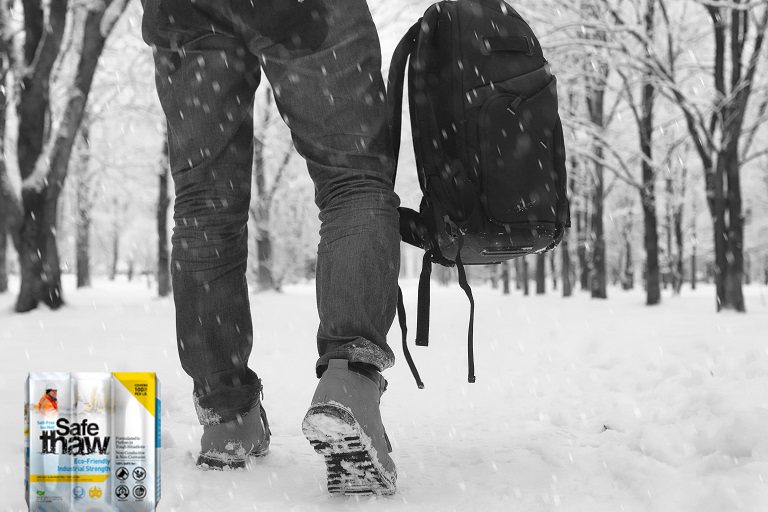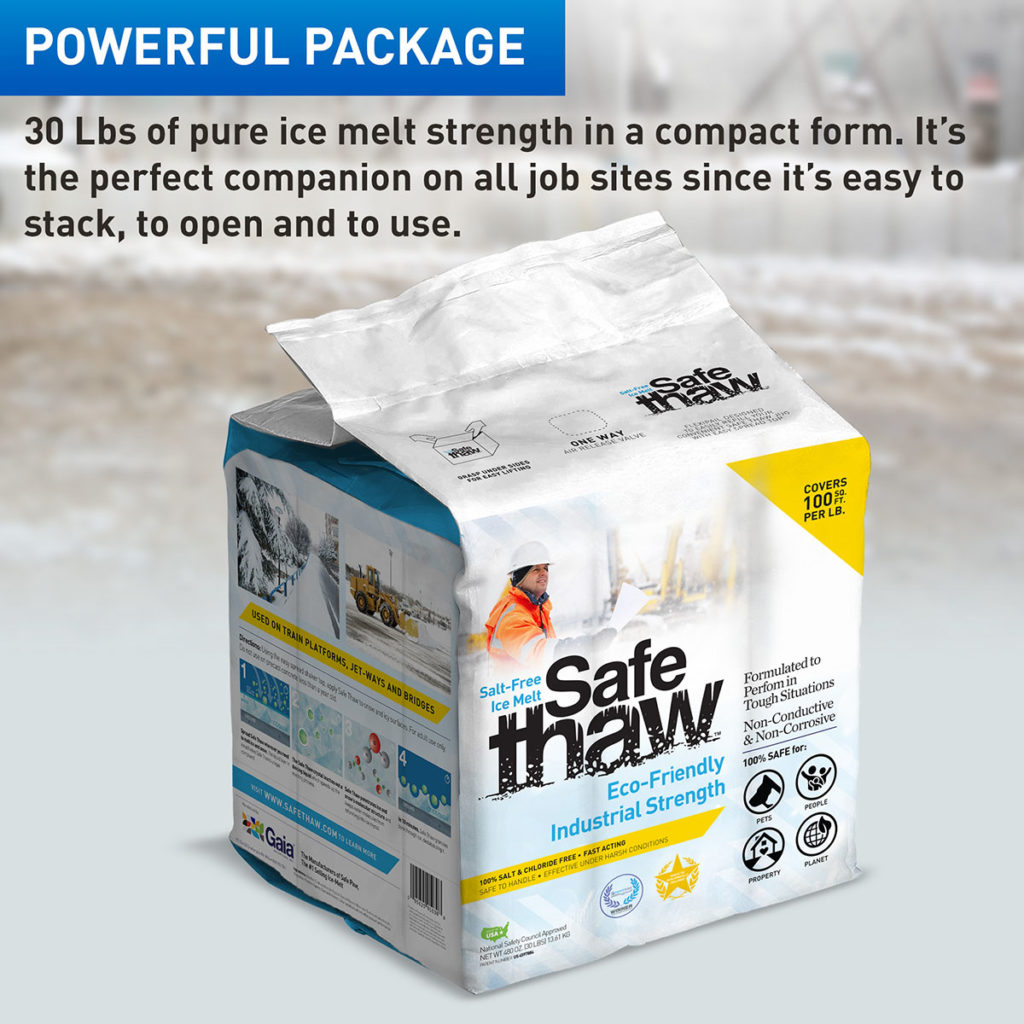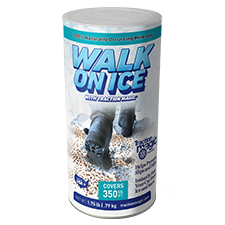Salt Vs Homemade Ice Melt Vs Safe Thaw – Choose The Right Ice Melt For Concrete

Today, it’s practically standard practice to use ice-melting substances to remove snow and ice off sidewalks, driveways, and entrances close to public buildings. Facilities maintenance staff have long since discovered the need for ice melters to provide safe surfaces in the least amount of time and at the lowest possible cost. Here is the comparison of Salt, Homemade ice melt safe for concrete, and Safe Thaw.

Safe Thaw
Safe Thaw was created as the ice management solution for tough winter environments. Ideal in commercial and industrial properties, shops, government agencies, bridges, and construction.
Salt Vs. Homemade Ice Melts Safe For Concrete Vs. Safe Thaw
- Ingredients
Check the ingredients if you want a secure ice melt this winter. The composition of ice melt and rock salt is where they differ most.
Most ice melt products often contain sodium chloride and additional minerals like calcium and magnesium. At the same time, chloride is a component of salt and ice melt.
Safe Thaw is a chloride-free ice melt that is safe to use around your fragile gear because it is made of natural materials and is neither harmful nor corrosive. The crystals release a deicing liquid when they come into contact with snow, which hastens the melting process.
A common fertilizer-based deicer for concrete driveways is alfalfa. The major drawback of alfalfa is that it draws animals like rodents and birds.
- Price
Be cautious if you want to purchase ice melt in large quantities. Because rock salt is inexpensive, you could be tempted to buy it for your business. But remember that more salt is needed than an efficient ice melt like Safe Thaw.
Safe Thaw features a fantastic spread rate guaranteeing it is wasted during application.
Kitty litter is an affordable DIY solution for pet owners. But it doesn’t look good on your premises and sticks to shoes.
- Properties
Salt operates at temperatures as low as 15°F or even 20°F, which is another reason it is less efficient than ice melt. On the other hand, Safe Thaw promises to melt at extremely low temperatures (-2°F).
Additionally, the salty mixture is absorbed by the porous concrete on your driveway and steps. The water refreezes at temperatures below 25 degrees, increasing the hydraulic pressure on the concrete. This procedure further harms the concrete.
Another natural ice melt is coffee grounds. Like kitty litter, using it for an extended period on your concrete driveway can leave stains. Beet juice similarly leaves a light brown or scarlet color on your surface. In the spring, ants and other insects can be drawn to the sugar concentration.
Choosing The Right Ice Melt For Concrete
Even though DIY ice melt solutions work as quick fixes and are not as corrosive as salt, they are not eco-friendly. In addition, each of them has a drawback because they were not designed to melt ice, provide traction, or keep your driveway secure.
The most excellent alternative is thus Safe Thaw, which is entirely and has all-natural chemicals. Unlike salt, beet juice, etc., no mess is left behind.
100% salt & chloride-free, fast acting Ice Management Solution
Conclusion
The cheapest option may be salt and homemade ice melter. Still, if it costs you hundreds of dollars in hospital stays and maintenance, it will be a waste of money. Safe Thaw is the most acceptable alternative to dangerous salt and ineffective homemade ice melt.
Try Also Our Other Winter Safety Products:
Safe Paw
The Original and #1 Selling Pet and Child Safe Ice Melt for over 20 years. Guaranteed environmentally safe –It won’t harm animals or children, and it won’t damage your property. That’s Safe Paw. Safe Paw can change how winter affects our planet.

Walk On Ice
The handy disposable canister can be taken everywhere, with the same 100% naturally occurring minerals that provide instant traction on ice or snow. Use it on sidewalks, steps, or as an instant traction agent for your car.



